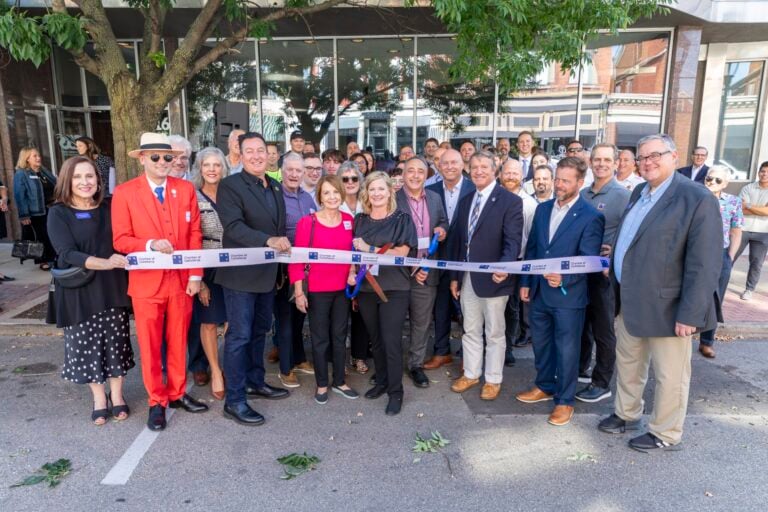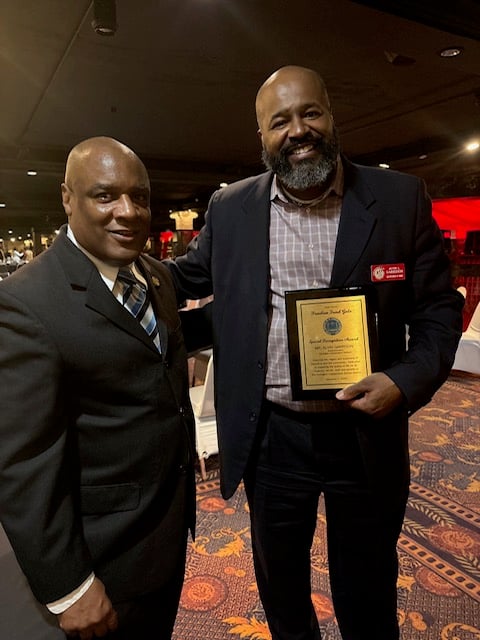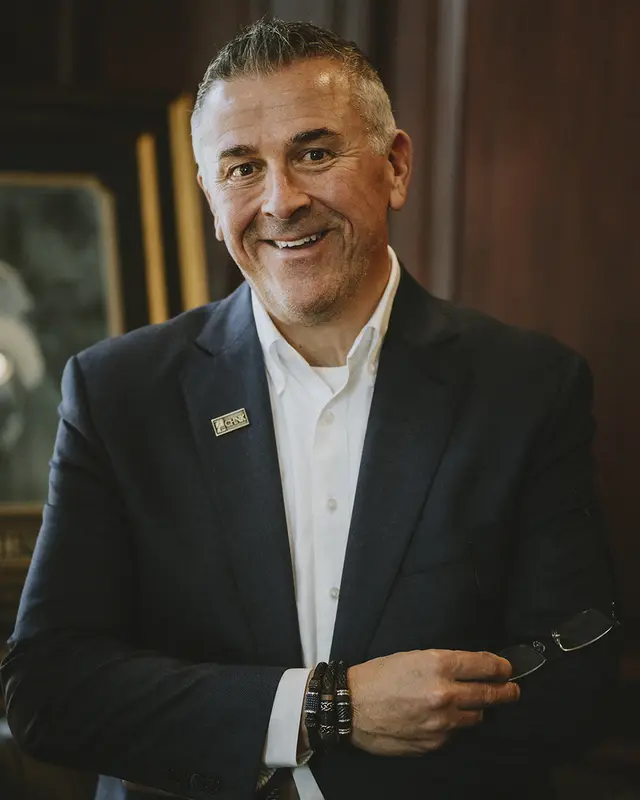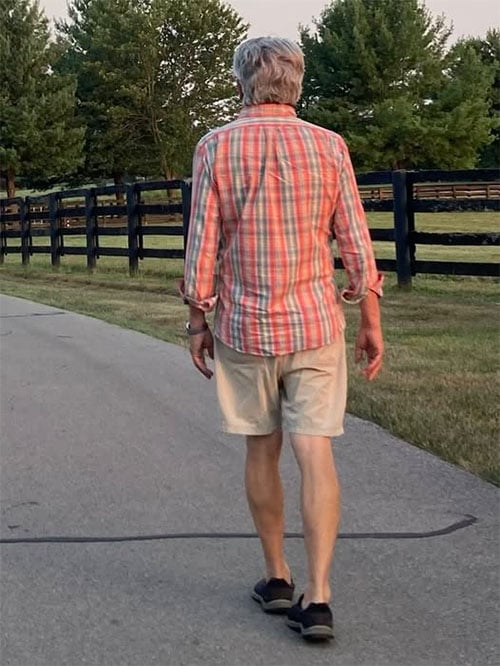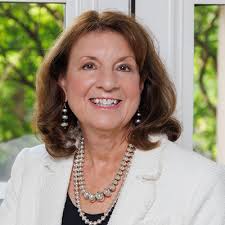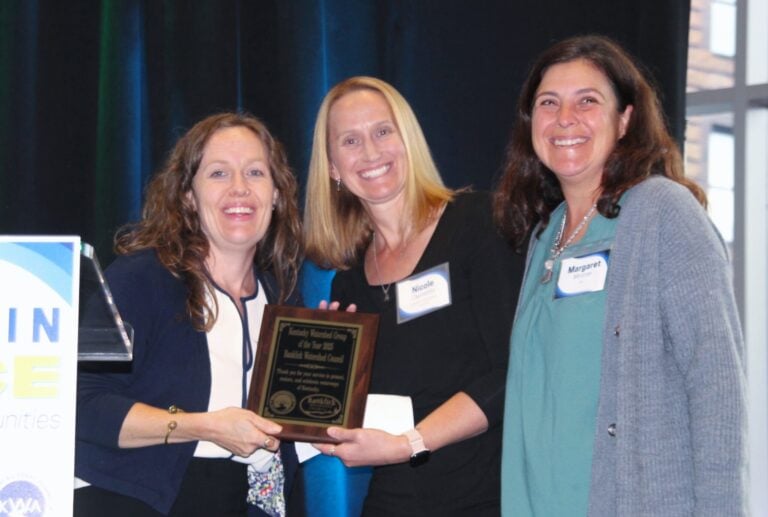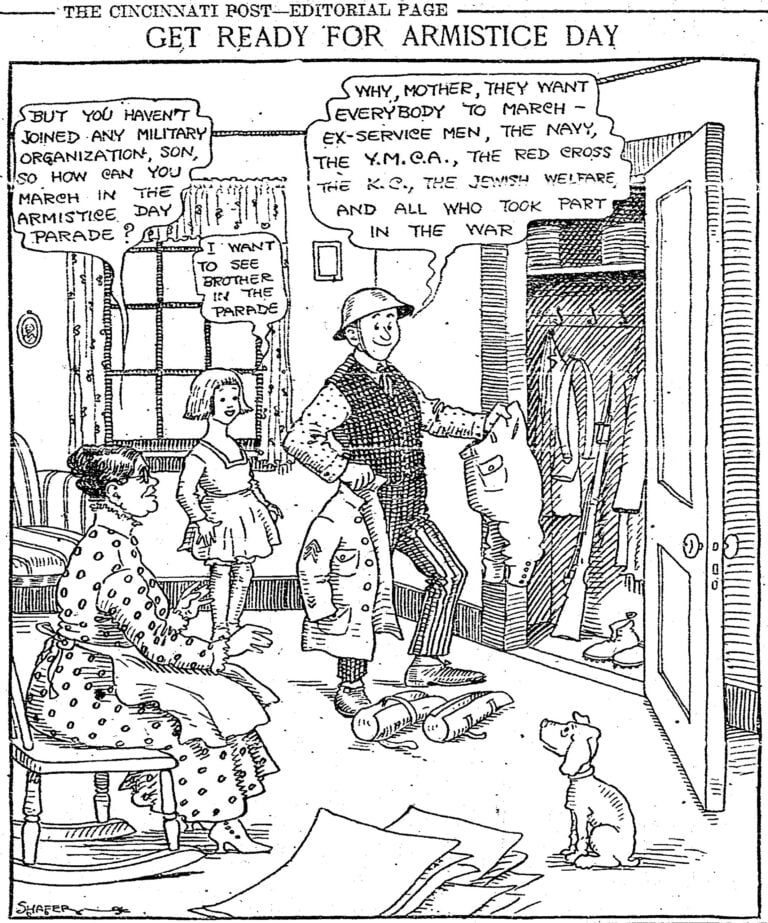We’re celebrating ten years of Our Rich History. You can browse and read any of the past columns, from the present all the way back to our start on May 6, 2015, at our newly updated database: nkytribune.com/our-rich-history
By Paul A. Tenkotte, PhD
Special to NKyTribune
One of the most important gay and lesbian rights advocates in US history was William “Bill” Kraus (1947–1986).

Born in Cincinnati, on June 26, 1947, Kraus spent his first 14 years growing up at his parents’ home at 12 Idaho Avenue in Fort Mitchell. He attended Blessed Sacrament School in Fort Mitchell through the seventh grade.
The family then moved to Colerain Township in Ohio, where Kraus completed elementary school at St. Anne’s. Kraus graduated from St. Xavier High School in Cincinnati in 1965, where his brother Michael stated that he “was an avid participant in the St. Xavier Forensics Club” (Michael Kraus, “Kraus, Bill” in Paul A. Tenkotte and James C. Claypool, eds. “The Encyclopedia of Northern Kentucky.” Lexington: University Press of Kentucky, 2009).
Following high school, Kraus enrolled at Dartmouth College for a year and then transferred to Ohio State University, where he earned BA and MA degrees in History. In 1972 he moved to San Francisco, where he became involved in politics.
Kraus served as coordinator of the “Get Out the Vote for Harvey Milk” campaign in 1977. Harvey Milk (1930–1978) won the election, becoming one of the nation’s first openly gay politicians. Milk subsequently appointed Kraus one of his aides.

In 1978 Milk selected Kraus as “co-campaign manager of San Franciscans Against Proposition 6,” a state referendum to curtail the rights of gay and lesbian teachers in California. Assisted by an editorial against Proposition 6 by former California governor Ronald Reagan (1911–2004), Milk’s and Kraus’ efforts were successful in defeating Proposition 6 (“Encyclopedia of Northern Kentucky”).
In November 1978 Harvey Milk was assassinated. Karus next became “an aide to and campaign manager for Milk’s replacement, Harry Britt, in his successful first and second reelection bids following appointment as Milk’s replacement.” In the following year, 1979, Kraus began serving as president of the Harvey Milk Club, formerly known as the San Francisco Gay Democratic Club (“Encyclopedia of Northern Kentucky”).
In one of history’s interesting junctures, the paths of two Cincinnati-born men — Kraus and US Representative from California, Phillip “Phil” Burton (1926–1983) — intersected. In 1982 Kraus served as cochair of Burton’s successful reelection campaign.

Subsequently, Burton offered Kraus a position as an administrative assistant in his office, where he pursued the first United States congressional funding for AIDS research in the nation’s history. After Burton’s sudden death, Kraus continued to serve under Burton’s wife and successor, US Representative Sala Burton (1925–1987).
In October 1984, Kraus was diagnosed with AIDS. He sought “experimental treatment” in Paris, France, but to no avail. He died on January 11, 1986, in San Francisco.
Kraus’ life has been immortalized in Randy Shilts’ book “And the Band Played On,” which was subsequently made into a movie with the same title. Actor Ian McKellan played the “role of Kraus. The Bill Kraus Meadow in Corona Heights Park in San Francisco, affording a spectacular view of the city, was named for him” (“Encyclopedia of Northern Kentucky”).
For further information on gay and lesbian rights dating from the era of Harvey Milk and Bill Kraus, see:
• MOVIE, “Milk,” starring Sean Penn
• BOOK, Randy Shilts, “And the Band Played On”
• MOVIE, “And the Band Played On”

Paul A. Tenkotte, PhD is Editor of the “Our Rich History” weekly series and Professor of History at Northern Kentucky University (NKU). To browse ten years of past columns, see: nkytribune.com/our-rich-history. Tenkotte also serves as Director of the ORVILLE Project (Ohio River Valley Innovation Library and Learning Engagement). He can be contacted at tenkottep@nku.edu.











